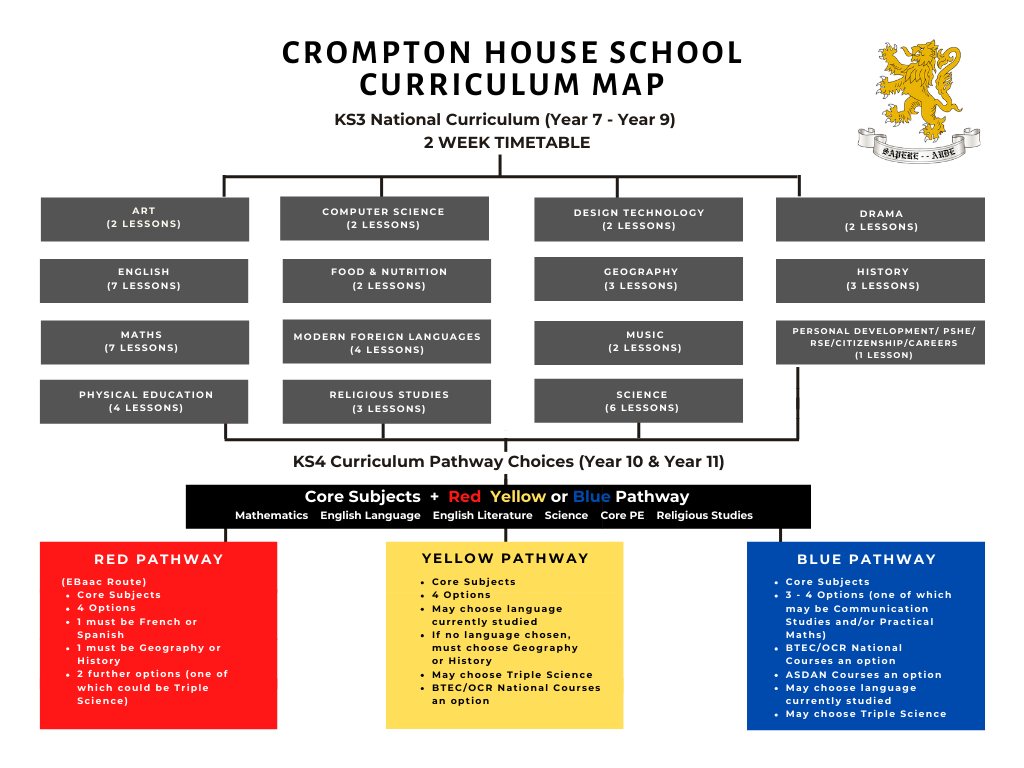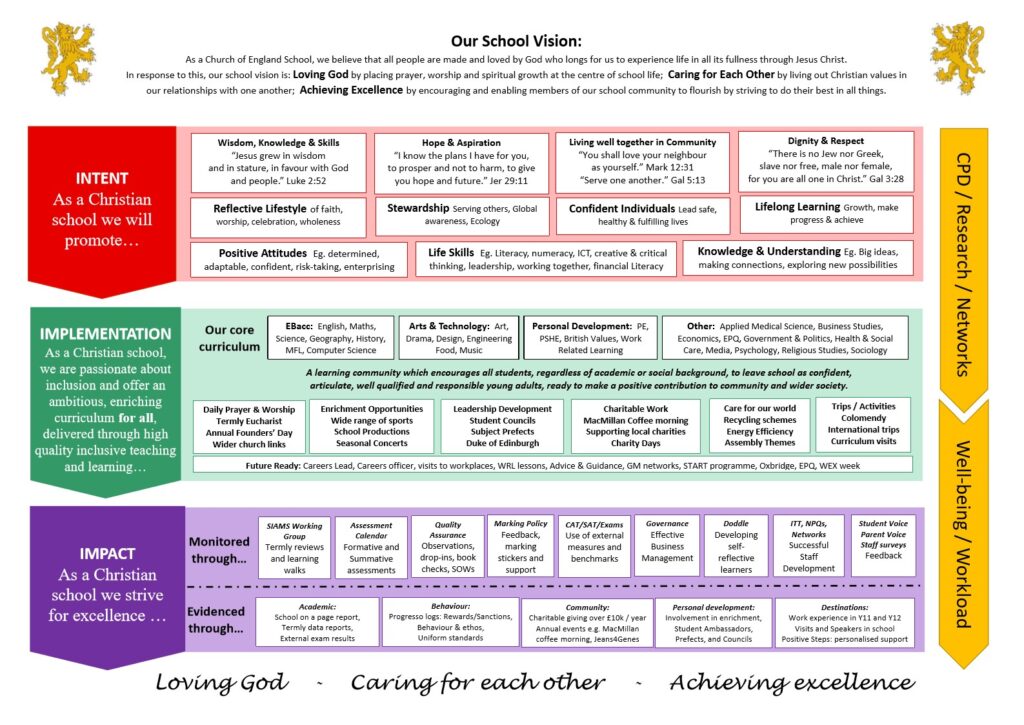Design Engineering
Cambridge National Engineering Design is a vocational qualification that provides students with the knowledge and skills required for a career in engineering. The course comprises of 60% NEA and 40% theory exam.
The intent of the Cambridge National Engineering Design is to equip students with a solid foundation in engineering principles and practical skills. The qualification aims to develop their understanding of the design process, materials, manufacturing techniques, and engineering technologies. It intends to foster problem-solving abilities, creativity, and critical thinking skills within the context of engineering design. Overall, the goal is to prepare students for further education (A Level Product Design), apprenticeships, or employment in the engineering industry.
The implementation of Cambridge National Engineering Design involves a structured curriculum designed to cover key aspects of engineering design. It typically includes theoretical knowledge, practical activities, and project-based learning. Students learn about topics such as engineering materials, design specifications, computer-aided design (CAD), manufacturing processes, and quality control. Students will have opportunities to work with industry-standard software (Solidworks), tools and equipment to develop their technical skills; using real-world projects to provide hands-on experience.
Cambridge National Engineering Design can provide students with a pathway to pursue higher education in engineering-related fields, such as mechanical engineering, civil engineering, or electrical engineering. It can also serve as a stepping stone for apprenticeships or entry-level employment in industries that require engineering design skills. The qualification helps students develop a range of transferable skills, including problem-solving, communication, teamwork, and project management, which are highly valued in various professions. Furthermore, the qualification emphasis on practical application using CAD/CAM and workshop tools can foster innovation and entrepreneurship among students, potentially leading to the development of new products or solutions.







